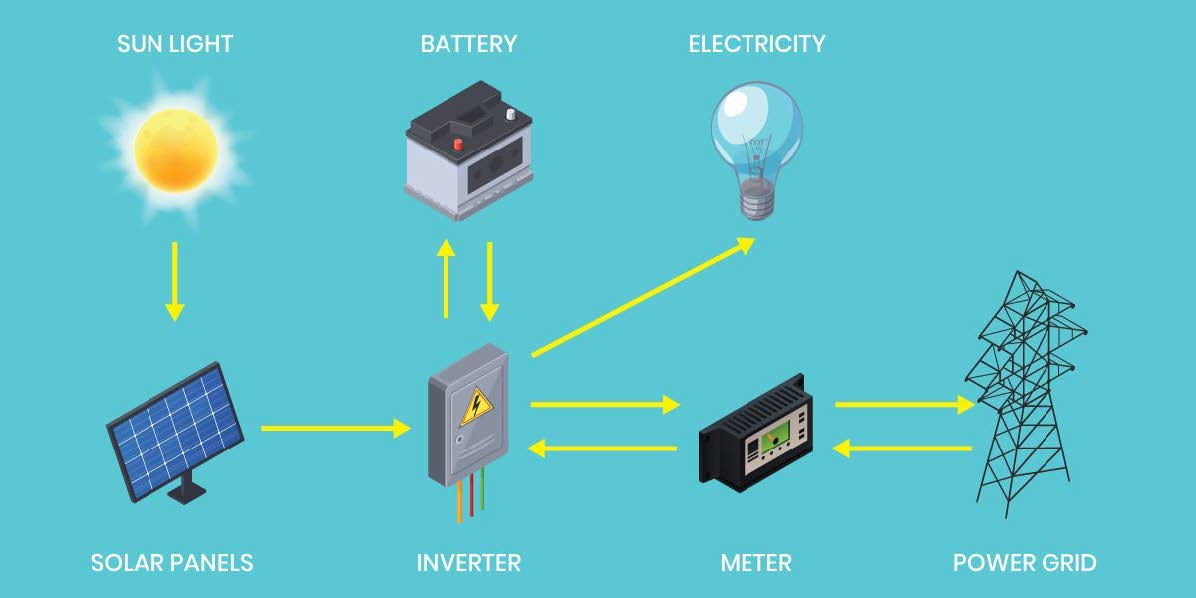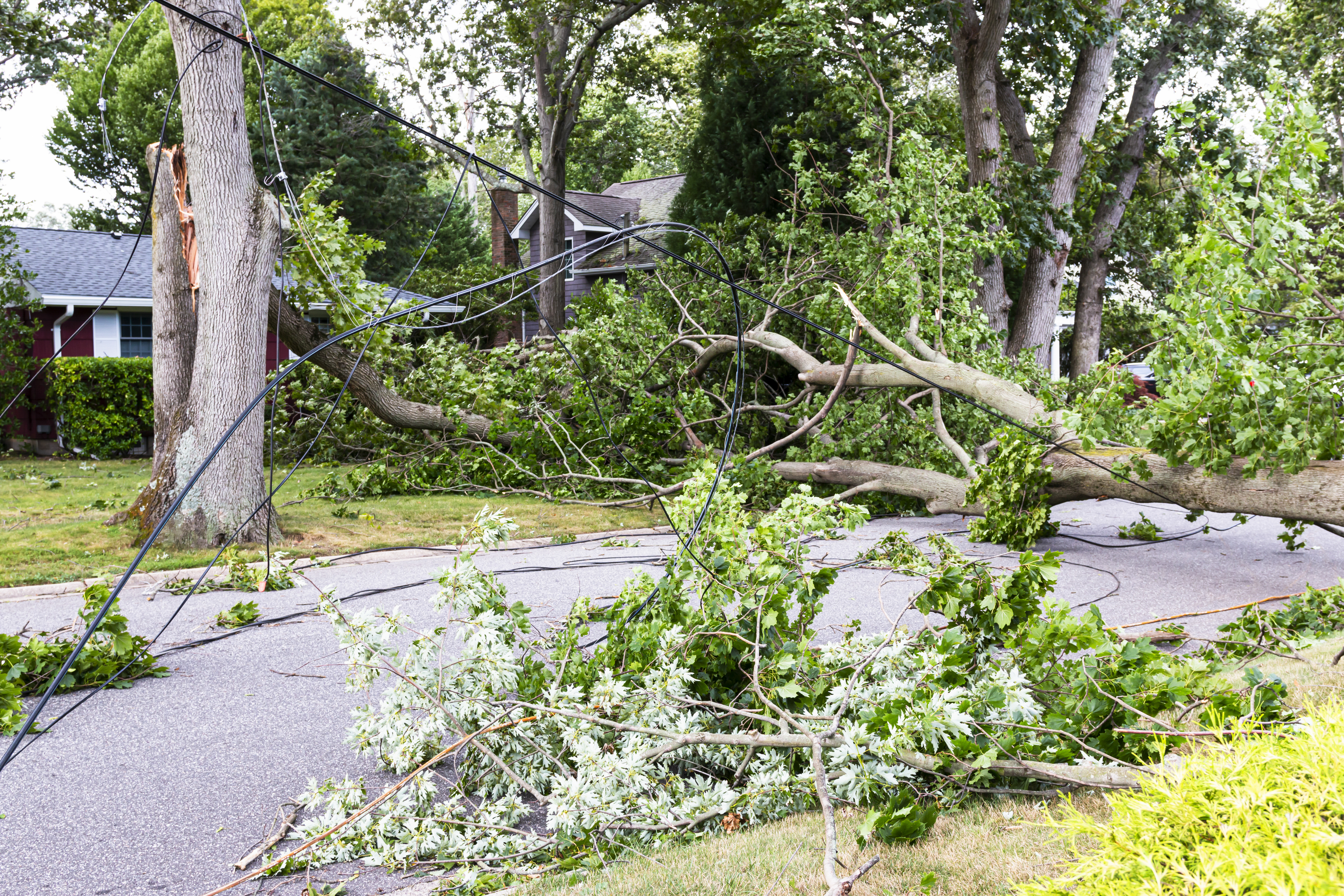Even if you don’t have a solar power system, you may still be able to increase your energy independence — and protect yourself during power outages — with battery storage.
Many homeowners are surprised to learn that battery storage can be used independently of solar panels, but batteries can capture power from the grid and store it for power outages or peak demand times. Having this backup allows you to both save money and improve your energy efficiency without necessarily having to install solar panels.
If you can't install a solar solution for some reason or are just looking at alternatives, here’s a closer look at what you need to know about batteries without solar panels.
How does battery storage work?
Most conversations around battery storage focus on pairing the technology with solar panel systems. Solar and storage solutions are a popular way to maximize the value of solar energy production. The panels use photovoltaic cells to convert sunlight to energy, which is then stored in batteries.
The batteries store the energy that’s produced throughout the day, and then use smart technologies to shift to battery power at night or during inclement weather. It is possible to leverage battery storage technology on its own, however, harnessing energy collected from the grid and then using that to achieve a greater degree of energy flexibility.
Reducing energy costs with battery storage
In some locations, energy pricing is time-dependent. At peak times, such as early mornings when people are waking up or in the evenings as they’re enjoying post-work time with their families, there’s a higher demand for energy. Some utility companies capitalize on this by charging a premium for electricity used during this time (known as a time-of-use, or TOU, rate).
You can take proactive steps to reduce energy costs by using batteries to store power from the grid. Smart software in the battery solution can be programmed so that you use power from the grid when it's cost effective, but then switch to battery power during times of peak demand, when electricity costs more. Over time, this can help reduce energy costs and keep utility expenses as low as possible.
If, on the other hand, your utility issues demand charges for residential customers, your charges are based on the highest level of electricity you consume at one time during that billing period. You can reduce your highest level of electricity, and therefore your charges, by using energy from your battery rather than from the grid.
There are even incentives available to save money on stand-alone battery storage. In the past, home storage batteries that qualified for a federal tax credit had to connect to a solar energy system. The Inflation Reduction Act (IRA) changed those qualifications. Now there’s a 30% federal tax credit available for standalone storage batteries installed after December 31, 2022. As a result, more households will likely install storage batteries without solar panels.
Providing energy support for emergency preparedness
Another reason homeowners are turning to battery storage solutions is for power support when the grid goes down. Today’s battery solutions provide a cleaner alternative to fuel-powered generators and give you a greener option to stay online during bad weather.
Consider this scenario: A storm is coming that could take down the grid, leaving you without light, heat, water, internet... But you don’t have to go without power. Instead, you can preemptively source power from the grid and store it in your battery ahead of the storm. If the grid goes down, you have access to the power needed to keep your most critical appliances online until emergency crews can bring the larger grid back online. Battery storage can help provide assurances for keeping you connected during an emergency.
Get energy flexibility when you can’t have a solar panel system
Unfortunately, solar systems aren't an option for all homeowners. For example, if you live in a tightly managed neighborhood run by a homeowners’ association, it may be against the HOA code to have panels installed. Similarly, if you own a condo or townhouse, solar panels might not be a fit. This doesn’t mean that you can't take steps toward increased energy independence, however. By enabling battery storage for your home, you can utilize stored energy to lower costs, stay online during outages, and meet your long-term energy goals.
If you are interested in the features that energy storage provides but aren't ready or able to purchase a full solar energy system, investing in a storage battery may be a way to find the benefits you're seeking. It’s another option for homeowners to consider for cost savings, emergency energy support, and long-term energy solutions.
Join the growing number of homeowners looking to improve their energy resiliency with a home battery. Learn more about how Panasonic can help you reach your energy goals with EverVolt battery storage.





